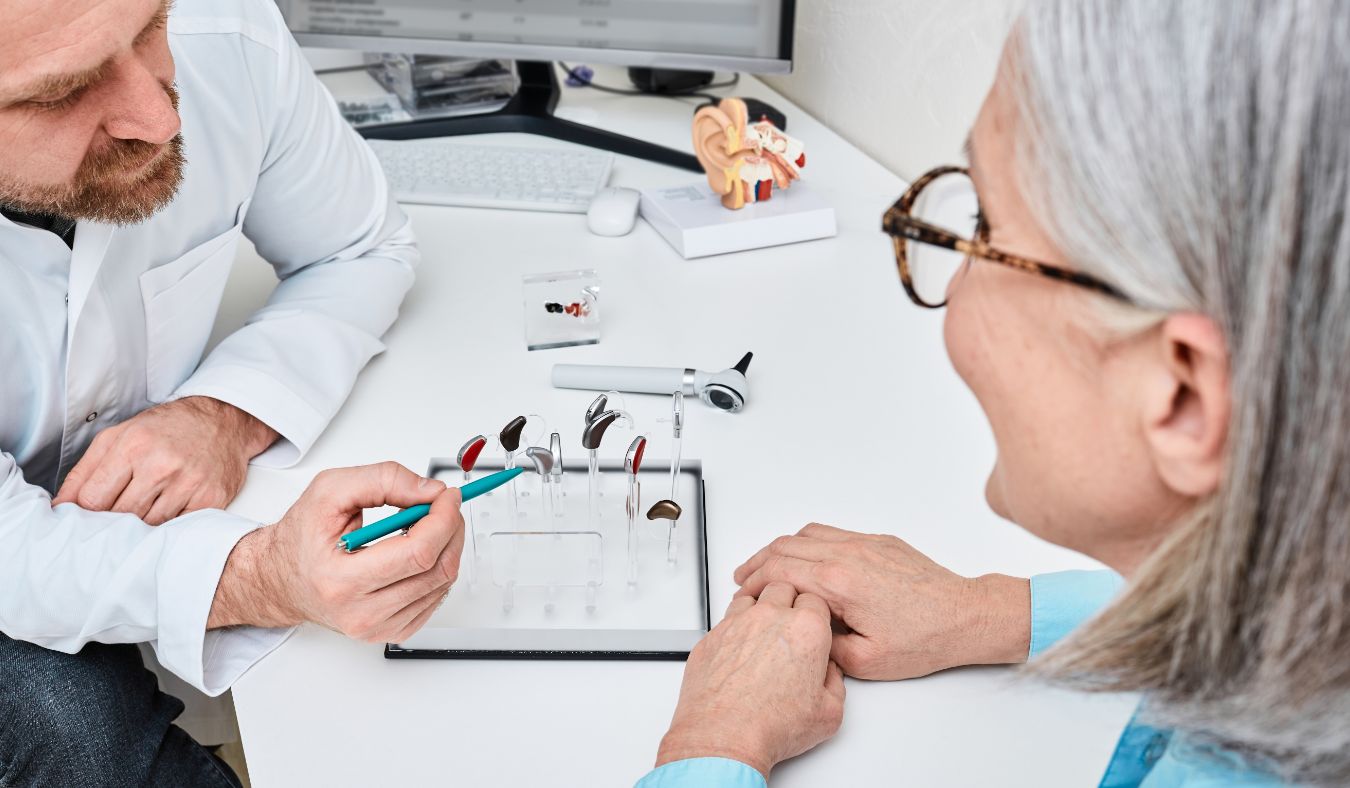How to Protect Hearing Aids from Static Electricity and Dry Air
Static electricity isn’t something most people think about until


Static electricity isn’t something most people think about until

Your ears might seem like they operate independently from the rest of your

Modern hearing aids are designed with advanced technology that allows them